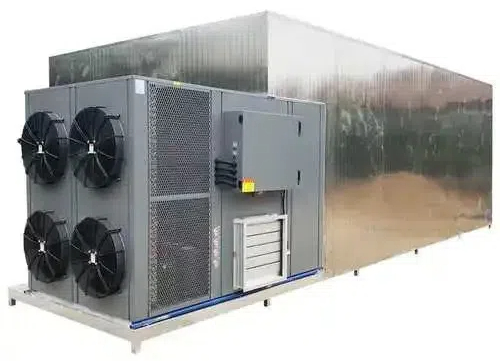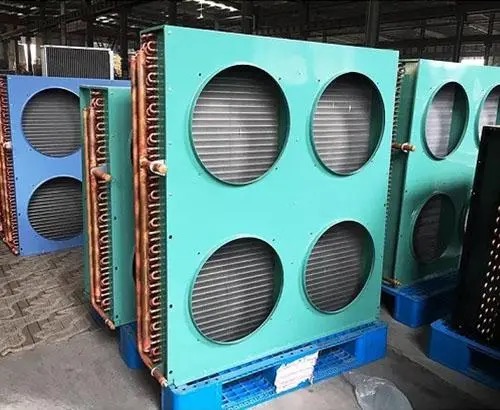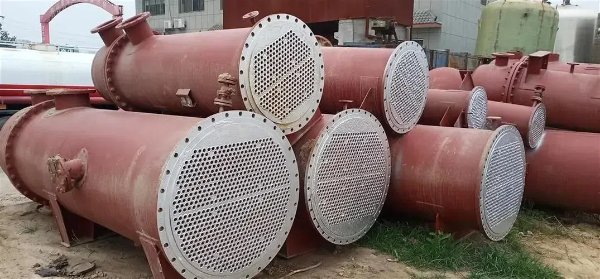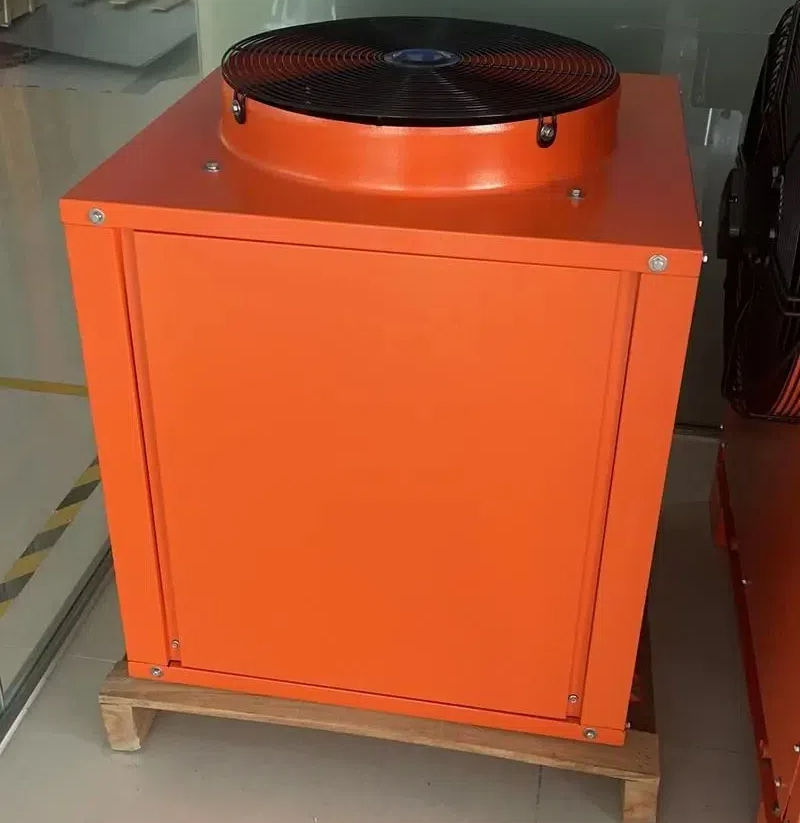
Content Menu
Is a Heat Pump Dryer the Same as a Condenser Dryer?
● Introduction
● What is a Heat Pump Dryer?
● What is a Condenser Dryer?
● Key Differences Between Heat Pump and Condenser Dryers
● Advantages of Heat Pump Dryers
● Disadvantages of Heat Pump Dryers
● Advantages of Condenser Dryers
● Disadvantages of Condenser Dryers
● Conclusion
● Related Questions and Answers
>> 1. What is the main difference between a heat pump dryer and a condenser dryer?
>> 2. Are heat pump dryers worth the investment?
>> 3. Can I install a heat pump dryer in a small space?
>> 4. Do condenser dryers damage clothes?
>> 5. How often do I need to empty the water tank in a heat pump dryer?
Introduction
In the world of laundry appliances, the choice between a heat pump dryer and a condenser dryer can be a daunting task. Both types of dryers are designed to dry clothes without the need for external venting, making them ideal for apartments and homes where venting is not an option. However, they operate on different principles and have distinct advantages and disadvantages. This article will explore the similarities and differences between heat pump dryers and condenser dryers, helping you make an informed decision for your laundry needs.

What is a Heat Pump Dryer?
A heat pump dryer uses a heat pump system to dry clothes. It works by drawing in air from the surrounding environment, heating it, and then circulating it through the drum where the clothes are located. The moisture from the clothes evaporates into the air, which is then cooled down in a heat exchanger. The moisture condenses into water and is collected in a tank or drained away. This process is energy-efficient because it recycles the heat, using less energy compared to traditional dryers.
What is a Condenser Dryer?
A condenser dryer operates on a similar principle but uses a different method to remove moisture. It heats the air and passes it through the clothes, causing moisture to evaporate. The warm, moist air is then cooled in a condenser, where the moisture is collected in a tank. Unlike heat pump dryers, condenser dryers typically operate at higher temperatures, which can lead to faster drying times but also higher energy consumption.
Key Differences Between Heat Pump and Condenser Dryers
1. Energy Efficiency: Heat pump dryers are generally more energy-efficient than condenser dryers. They use less electricity per load because they recycle heat, while condenser dryers consume more energy due to their higher operating temperatures.
2. Drying Time: Condenser dryers tend to dry clothes faster than heat pump dryers. This is because they operate at higher temperatures, which facilitates quicker moisture evaporation. However, the trade-off is that they consume more energy.
3. Cost of Operation: While heat pump dryers may have a higher initial purchase price, they can save you money in the long run due to their lower energy consumption. In contrast, condenser dryers are usually cheaper upfront but can lead to higher electricity bills over time.
4. Moisture Extraction: Both types of dryers effectively extract moisture, but the method differs. Heat pump dryers recycle heat, while condenser dryers rely on cooling the air to condense moisture.
5. Installation: Both heat pump and condenser dryers are ventless, making them suitable for various living situations. They can be installed in tight spaces without the need for external venting.

Advantages of Heat Pump Dryers
1. Energy Efficiency: Heat pump dryers are the most energy-efficient option available, making them an environmentally friendly choice.
2. Gentle on Clothes: The lower drying temperatures are gentler on fabrics, reducing wear and tear on your clothes.
3. Versatile Installation: Their ventless design allows for flexible installation options.
Disadvantages of Heat Pump Dryers
1. Longer Drying Times: While they are energy-efficient, heat pump dryers typically take longer to dry clothes compared to condenser dryers.
2. Higher Initial Cost: The upfront cost of heat pump dryers can be higher than that of condenser dryers.
Advantages of Condenser Dryers
1. Faster Drying Times: Condenser dryers can dry clothes more quickly due to their higher operating temperatures.
2. Lower Initial Cost: They are generally less expensive to purchase than heat pump dryers.
Disadvantages of Condenser Dryers
1. Higher Energy Consumption: They consume more electricity per load, leading to higher operating costs.
2. Potential for Overheating: The higher temperatures can be harsher on delicate fabrics.
Conclusion
Choosing between a heat pump dryer and a condenser dryer ultimately depends on your specific needs and preferences. If energy efficiency and gentleness on fabrics are your top priorities, a heat pump dryer may be the best choice. However, if you need faster drying times and a lower initial investment, a condenser dryer could be more suitable.

Related Questions and Answers
1. What is the main difference between a heat pump dryer and a condenser dryer?
The main difference lies in their energy efficiency and drying times. Heat pump dryers are more energy-efficient but take longer to dry clothes, while condenser dryers dry faster but consume more energy.
2. Are heat pump dryers worth the investment?
Yes, heat pump dryers can be worth the investment due to their energy efficiency and lower operating costs over time.
3. Can I install a heat pump dryer in a small space?
Yes, heat pump dryers are ventless and can be installed in small spaces without the need for external venting.
4. Do condenser dryers damage clothes?
While condenser dryers operate at higher temperatures, they can potentially damage delicate fabrics if not used carefully. It's important to follow the manufacturer's guidelines.
5. How often do I need to empty the water tank in a heat pump dryer?
The frequency of emptying the water tank depends on the load size and humidity levels, but it typically needs to be emptied after several loads.












